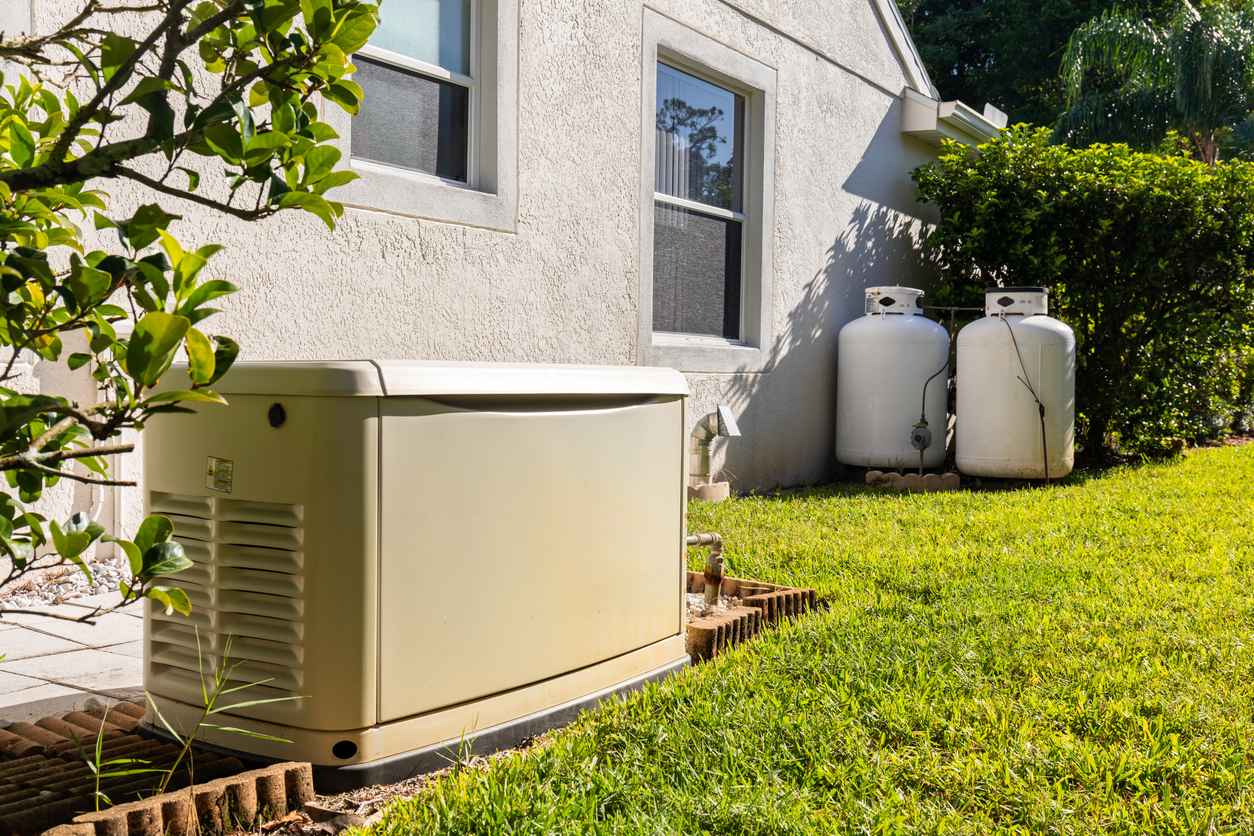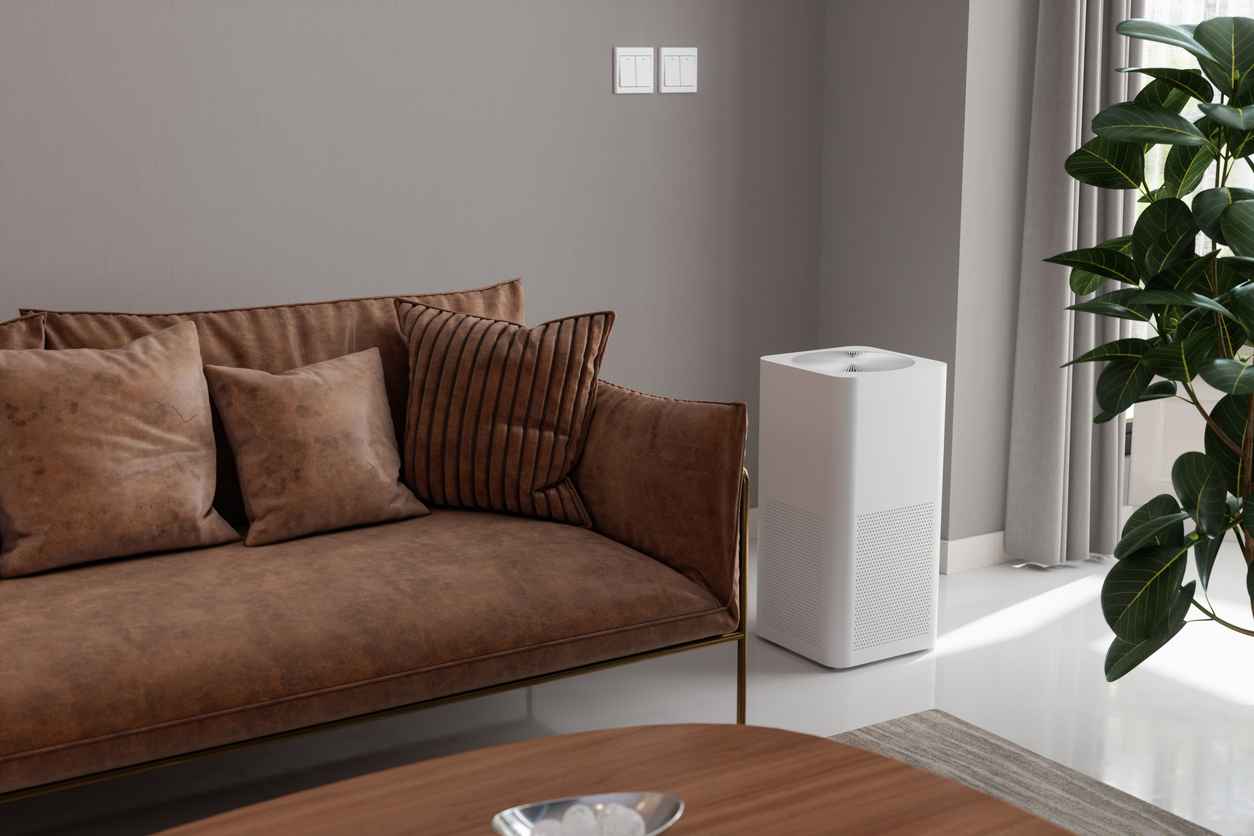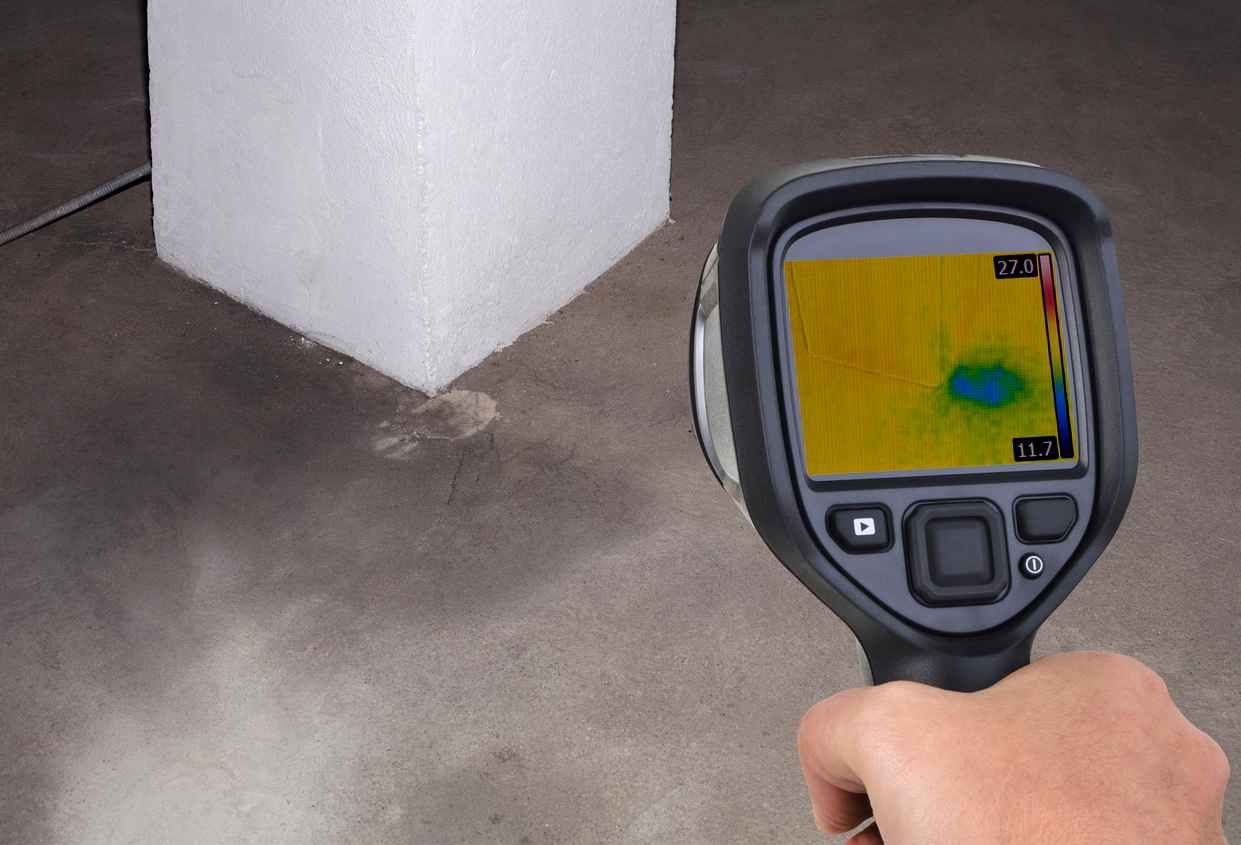4.8 Google Rating
Answering Your Top Water Heater FAQs
Your water heater is one of the most important pieces of equipment in your home, yet how much do you really know about it? You know that it works most of the time, but what about when it stops working? Do you know what causes your water heater to malfunction, or how to get it running again? Do you know when it’s time to replace your water heater, or what kind you should buy?
As essential as water heaters are to almost every house, most homeowners don’t know much about them. That’s why AAA Service Plumbing, Heating & Electric is answering your top water heater FAQs. Read on for what you need to know, and remember that for all your water heater repairs and installations, you can count on our experts at AAA Service Plumbing, Heating & Electric.
The Most Frequently Asked Water Heater Questions
[bc_accordion] [bc_card title=”What Are the Different Kinds of Water Heaters?”]The most straightforward answer to this question is that there are two different kinds of water heaters: traditional tank water heaters and tankless water heaters. While there are other hybrid types of water heaters on the market, these are the two options you are likely to choose between when deciding what to install. Traditional tank water heaters both heat and store your water heater in a tank. Every time you turn a tap on, these models reheat your water heater before it makes its way through your pipes. Tankless models are what’s known as “point-of-use” water heaters, as they heat your water as it moves through your pipes. Because the water is not stored in a tank, tankless models allow you to access water that is already hot by the time it reaches the tap.
[/bc_card][bc_card title=”Which Kind of Water Heater Is Better?”]While there is no one type of water that is empirically better, both traditional and tankless water heaters may present certain advantages to different homeowners, depending on their specific needs. Traditional water heaters tend to be cheaper, for one thing, and they are much easier to repair than tankless models. Tankless models, conversely, are much more expensive to install, and can be very costly to fix, though they tend to break down less overall. Tankless water heaters can also be a good investment, because they often last up to 20 years—that’s double the average ten years traditional models last. Tankless water heaters are extremely energy-efficient as well, as they do not need to use energy to reheat your water over and over again. And of course, perhaps the biggest advantage of tankless water heaters is that they provide instant hot water on-demand.
[/bc_card][bc_card title=”How Big Should My Water Heater Be?”]Again, the answer to this question is dependent on the needs of your home. For smaller houses or apartments with 1-2 people, a water heater with a 23-36 gallon tank is usually in the right range. With homes that have up to five people living in them, you will need a tank that holds at least 56 gallons. And for homes with five people or more, you should add on an additional ten gallons per person. Tankless water heaters, on the other hand, are basically all the same size (another advantage of these systems is that you will not have to worry where to install a large tank.) Therefore, the important factor when considering which model is right for you is not capacity, but flow rate. The more people in your home, the greater GPM, or “gallons per minute,” your tankless water heater should have. Traditionally, tankless models have not been a good choice for larger houses, although thanks to advances in technology, there are some tankless options that may work for bigger homes, too.
[/bc_card][bc_card title=”When Should I Replace My Water Heater?”]To reiterate, traditional water heaters have an average lifespan of around ten years, though with proper repairs and maintenance, modern heaters can last for up to 15 years. Tankless systems should be replaced every 15-20 years. To find out the age of your water heater, look for the serial number, which should be located somewhere on the unit. Other than that, the best way to determine whether your water heater needs to be replaced is just to watch out for signs of aging/wear and tear. If you are consistently having trouble getting hot water, for instance, or if your system needs frequent repairs. You should also watch out for rising energy costs, as this could indicate your system is decreasing in efficiency. And finally, if you have noticed your system is emitting any funny sounds or smells, or if you have spotted any visible leaks/damage, you should call a technician to see if it needs to be repaired right away.
[/bc_card][bc_card title=”What Is the Best Way to Increase My Water Heater’s Lifespan? “]There is no one surefire way to increase your water heater’s lifespan, but there are a few things you can do to help your system function at peak efficiency for longer. For starters, if you have a traditional water heater, make sure to flush out the tank about twice a year to get rid of sediment build-up and improve performance (flushing out a tankless water heater is a much more complicated process, and will likely require the assistance of a professional.) You should also remember to replace your tank water heater’s anode rod – the component that reduces minerals and bacteria – every 4-5 years. And of course, do not neglect to hire a technician to provide your water heater with periodic maintenance and tune-ups, and do not ignore the signs that it needs to be repaired.
[/bc_card][/bc_accordion]To schedule professional water heater service today, call 303-313-3333 , or click here to contact us online.





